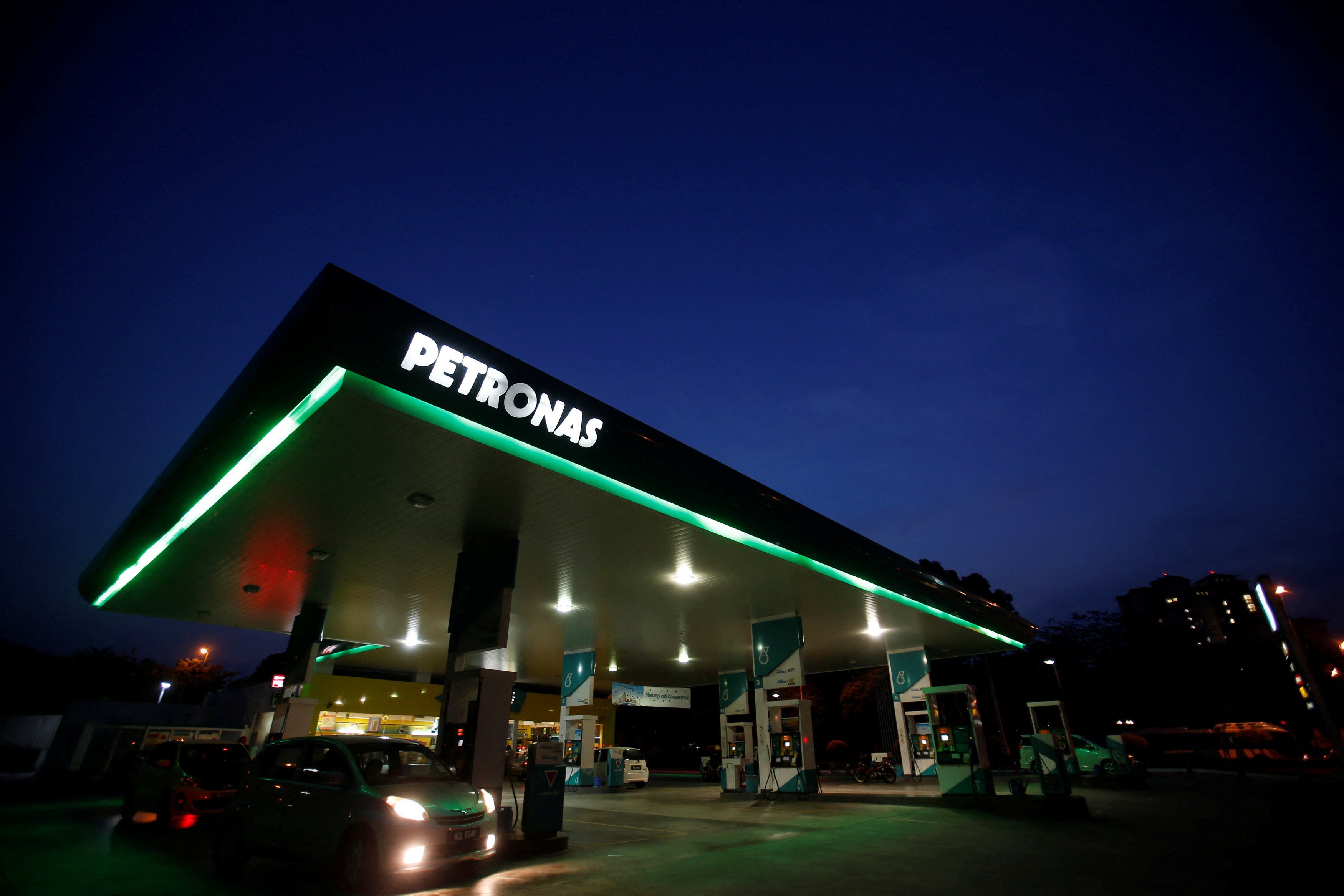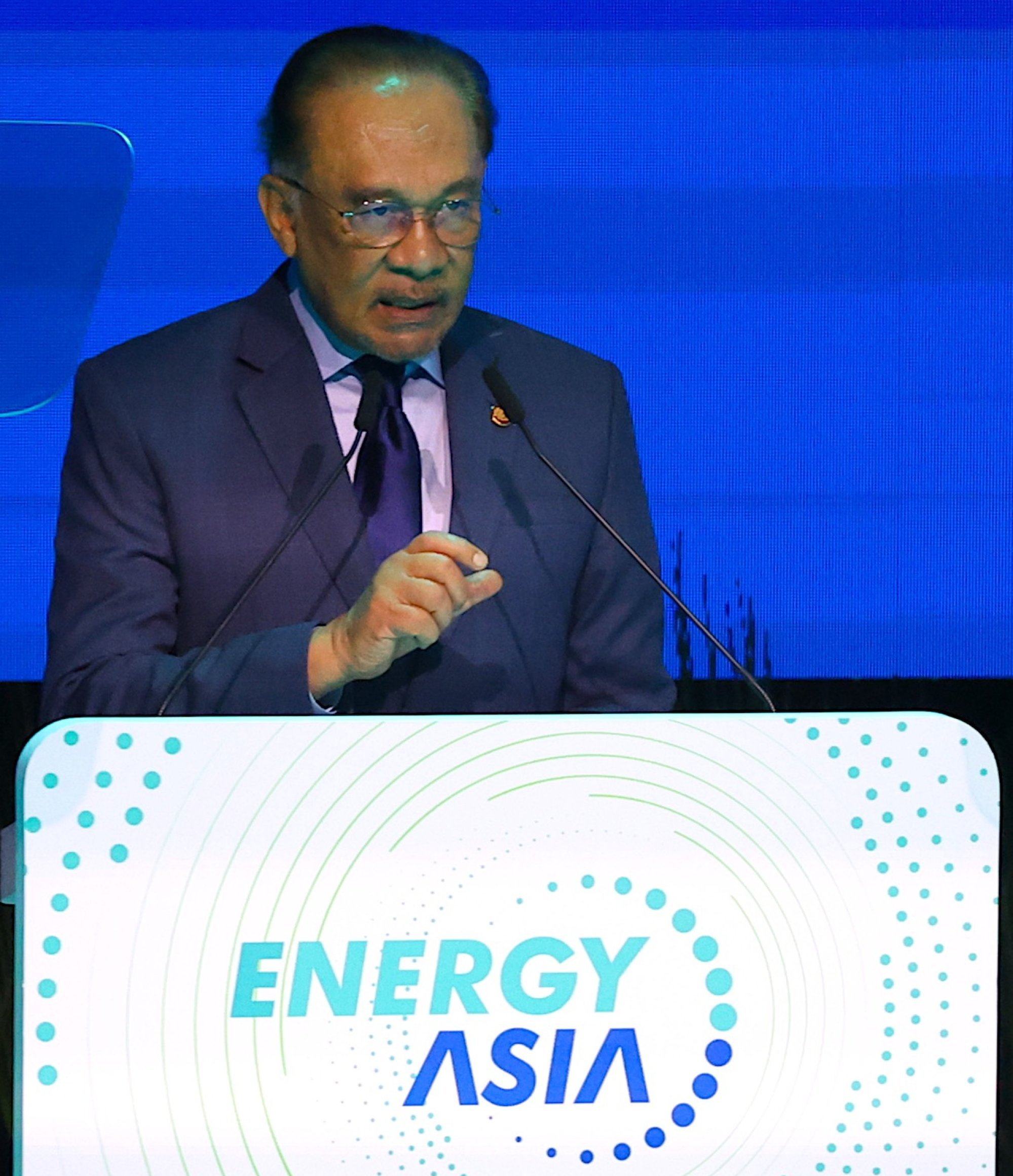Malaysia to go ahead with petrol subsidy cuts despite outcry, inflation concerns
Prime Minister Anwar Ibrahim insists the controversial move, set for July, will benefit those most in need

Malaysia will press on with planned cuts to petrol subsidies, Prime Minister Anwar Ibrahim has said, despite mounting public pushback over government measures to cut costs and raise taxes.
The government is expected to slash costly petrol subsidies as early as July, a move that Anwar said was necessary to deflate the country’s multibillion-dollar subsidy bill and make sure the savings reach those most in need.
But the move has raised concerns that it could trigger inflation if consumers have to pay market price for fuel, in a country with more cars than people.
Analysts have warned that subsidy cuts could end up being a deal breaker for voters if not handled well, with the administration facing a string of elections over the next two years.
Anwar said the plan to remove blanket petrol subsidies would free up much-needed funds to aid the country’s poor and upgrade the quality of education, healthcare and other public services.
“I would like to reiterate that there is no issue of the RON95 increase affecting 85 to 90 per cent of our people,” he told reporters on Monday, referring to the subsidised fuel grade.
“Whatever the opposition says is just a gimmick, a desperate attempt to portray the people as suffering, to fuel more negative narratives.”

The two most common grades of petrol in Malaysia are RON95 and RON97.
RON95 is more popular as it is heavily subsidised, with drivers currently paying a set price of 2.05 ringgit (50 US cents) a litre (0.26 gallons) at the pump, one of the cheapest rates in Southeast Asia. In comparison, prices for the unsubsidised RON97 can fluctuate between 3 and 4 ringgit per litre.
The government expects to save up to 8 billion ringgit (US$1.9 billion) annually from the planned cuts, which Anwar said would be aimed at the country’s wealthy and about 4 million foreign nationals, who together use 40 per cent of existing subsidies.
But the timing of the cuts may strain already stretched wallets, with fresh consumer taxes on imported goods such as apples and salmon set to kick in on July 1.
Last June, the government scrapped blanket subsidies for diesel, which Anwar’s administration admitted had led to a by-election loss the following month.
The cuts to diesel subsidies were expected to shave off up to 7.5 billion ringgit from the annual subsidy bill. But it also left businesses that did not qualify for targeted aid, such as tour bus operators, saddled with increased operating costs as they continued to struggle with a slow recovery in demand.
In 2023, Anwar’s government slashed subsidies to monthly power bills, which enraged voters and led to the rise of a strong opposition minority in polls that year in his coalition’s stronghold state of Selangor.